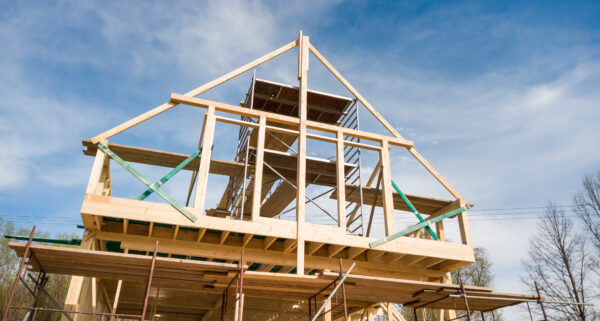By Robert Dietz | Builder
Economists are engaged in a debate about whether the geography of housing demand is changing as a result of the COVID-19 crisis and the recession of 2020. Count me firmly in the camp that sees not only ongoing evidence of this change but also expects it to continue to a degree in the post-vaccine economy.
These changes are a continuing evolution of the market due to pre-2020 factors. Declining housing affordability in high-density markets were due to limited resale inventory and insufficient levels of home building. The impact of COVID-19 on prospective home buyer concerns and preferences have accelerated these changes. For example, the direct impact of the virus on housing demand is a competitive disadvantage for residences that require elevators or utilize a great deal of common space.
As a result of these factors, some buyers (not all) are voting with their feet by seeking housing farther out from urban cores due to concerns over residential density, wariness of city governance and tax burdens, and demands for more space. The limits of an acceptable commute have also been extended by an expected permanent change for telecommuting, with some research suggesting that roughly 20% of workers will be allowed to work online for the majority of their work hours. And employees who can telework permanently—admittedly representing less than 10% of all jobs—can effectively choose to live anywhere in the U.S. with a reliable internet connection.












